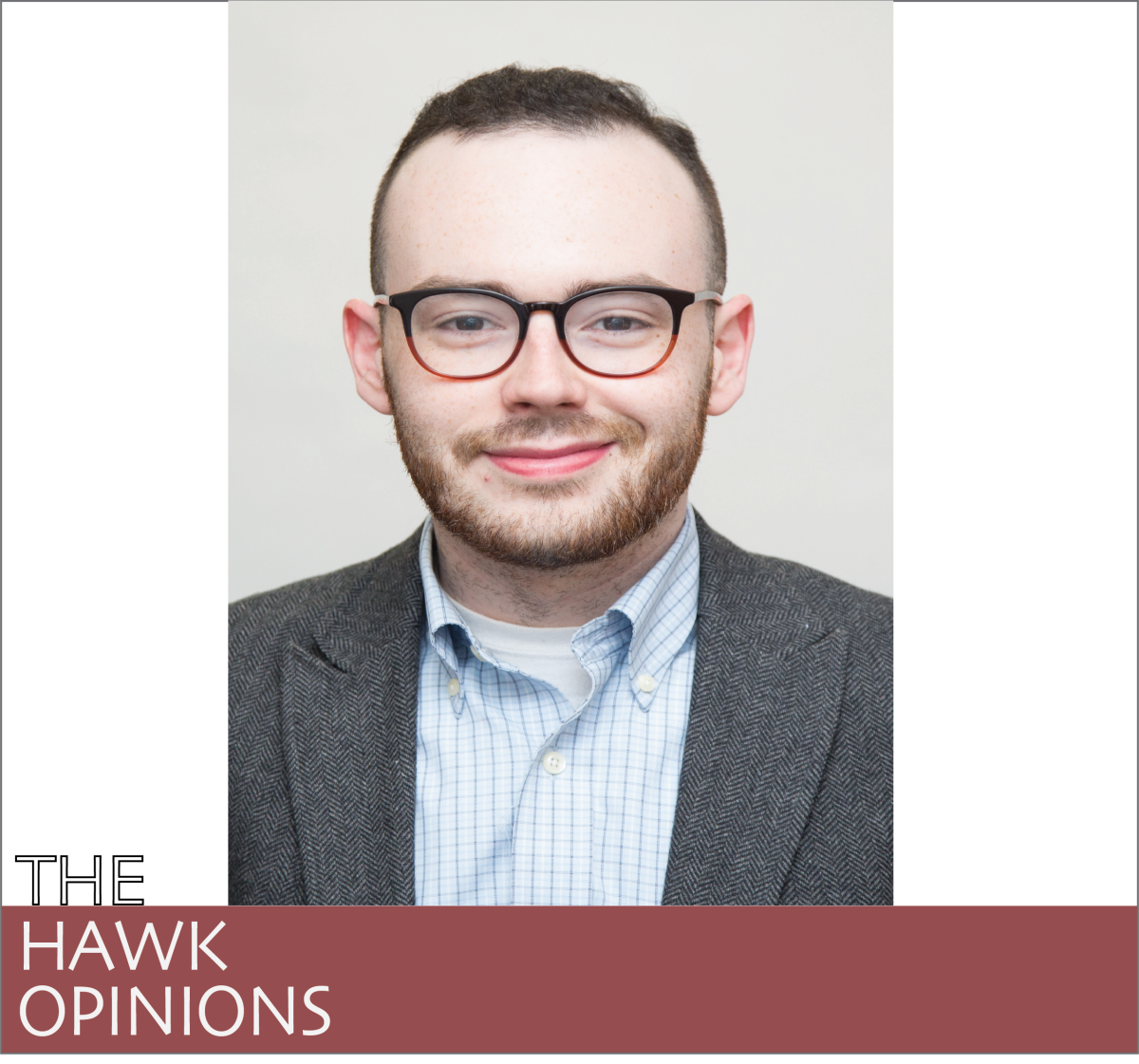Sorting out feelings of frustration, uncertainty and solidarity
Since the Nov. 28 issue of The Hawk spread across campus, the cover story has dominated discussion. On social media, alumni have done more than share the article—they’ve vented, complained that this is a reminder of a fundamental and frustrating blind spot at St. Joe’s. Some say that St. Joe’s, or at least the university administration, doesn’t care.
That frustration more than makes sense for current students. The fear and sadness that have poured out in class discussions, in group chats, and over meals have been boiling for a long time, and not just because of just this one incident.
For example, the recently launched #MeTooAtSJU movement gave us all an important reminder that for survivors of sexual assault, kind old St. Joe’s can be an imperfect, unresponsive, and even hostile place.
Even among those who were not directly affected by these scandals, frustration exists because our fellow Hawks are going through this, and St. Joe’s is supposed to be better than this. We are students who care about what this university stands for and how it treats its students at these critical moments.
Lately, many Hawks have felt marginalized, as if all the rhetoric about dignity and diversity and inclusion is yet another slick marketing label, as if the Jesuit values that drive us stop mattering behind closed administrative doors.
Without indicting or blaming any one person or office at St. Joe’s, I want to say that we do need transparency and action from administration, more than has been done, time and again. I know that running a university means moving through a maze of policies and legal risks. But vagueness and opacity are disappointing us, and there is room to improve right away.
In the meantime, we can make a difference. St. Joe’s has all the will and all the power we need.
We have a University Student Senate (USS) that is buzzing with concern and plans for action. We have a vibrant network of students working for inclusion and diversity. We have professors who will delay a lecture to create a supportive space for reflection. We have a newspaper that invites open discussion and fights for full answers. And more than anything else, we have students who care.
To turn all of that into successful action, we need to be clear and conscious about our goals. We need to keep demanding answers after our passions have settled. We need to pay attention to the specific actions and perceived failures we see in the school. We need to ask ourselves why these failures are happening, and how to change the institutions we see as being responsible.
On USS, I’ve personally seen how tricky acting within a university bureaucracy can be. I’ve seen how a change in policy that looks simple can take ten times longer and be ten times more subtle than anyone ever thought. I’ve seen great ideas die off because people weren’t willing to see them through.
But I’ve also seen how people can change institutions if they make clear goals and stick to them come hell or high water. We can do it, but we have to be clear about what we stand for, what we want, and where we go from here.
Barbelin Hall is a building that mimics the shape of a medieval monastery. These monasteries were warm places of refuge, where strangers from a dark world would be welcomed into a close-knit community of faith and learning. At its best, St. Joe’s is that kind of community. But we need to make sure it stays that way.
The world in 2018 is angry, surreal, and splintered. It is disorienting to be reminded that that world can break through our gates–or that it already exists within them. There is no consolation, no quick or permanent fix, and no warm feeling to soothe us. Making St. Joe’s live up to its ideals is the continuous project we all face.
So let’s work consciously, consistently on that project the way we work on our study guides. Let’s make clear goals. And let’s support each other. Because St. Joe’s is a good place, a place full of people that inspire me every single day. As John 1:5 reminds us, “The light shines in the darkness, and the darkness has not overcome it.”















































